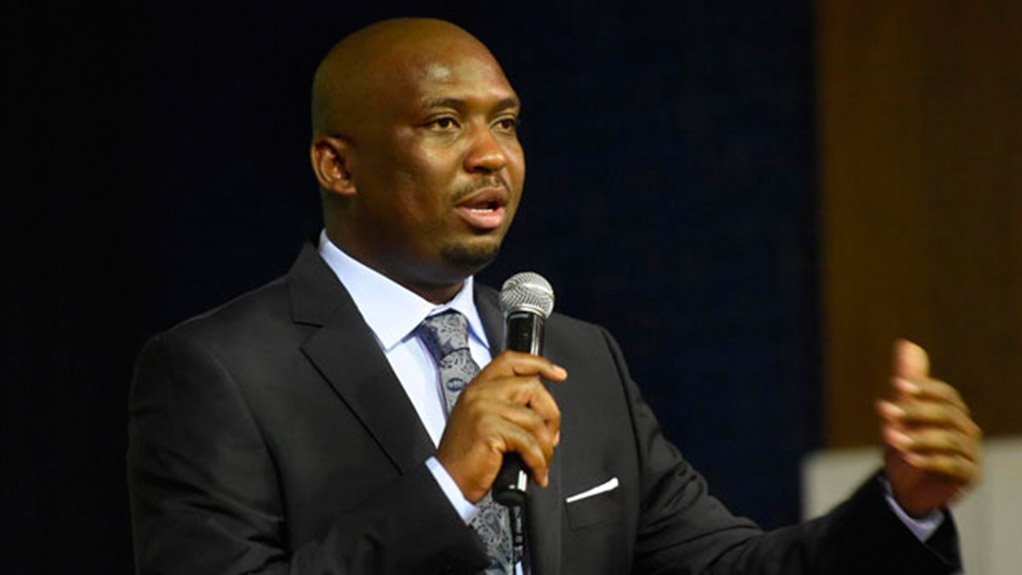EDWIN NAIDU
AMID escalating country-wide tension over student fees at tertiary institutions across South Africa, Deputy Minister of Higher Education, Science, and Innovation Buti Manamela has warned that universities would collapse if debts estimated at R16.5 billion are wiped out.
Speaking to Inside Education, as protests began earlier in the week, Manamela said the total amount owed by students was made up of new debt, as the government injected about R2 billion in 2018 to settle the historical debt.
Manamela said some paperwork between universities and the National Student Financial Aid Scheme must be finalised to understand the extent of student debt.
However, he added that any suggestion that debts be written off would mean that “most universities will go down the drain”.
“I think what we need to be working on firstly is that graduates should be employed. And once they
have a decent income, they can repay their debt.”
“But secondly, we’re looking at ways within which the missing middle, which is those who come from households whose income is more than R350,000 per annum but up to R600,000 per annum of those that people would regard as the missing middle, can get funding at reasonable repayment terms,” he said.
Referring to the Minister of Higher Education, Science and Innovation, Dr Blade Nzimande’s academic outlook last week, Manamela said the intention is to ensure that in the 2024 academic year, there is policy certainty regarding policy and systems in place.
“It would be quite challenging to write off the debt. It has huge implications for universities. And they would return to the national fiscus and say, look, you’re asking us to write off the debt. You’ll have to give us the money; I don’t think we have that. We are battling to raise funds to fund postgraduate students, which is, for me, the next bigger challenge for now,” Manamela said.
According to Nzimande, for the current financial year, NSFAS has approved the provisional funding of a record milestone of 1,083,055 students at a projected budget of R47.6 billion.
All NSFAS students are registering without making any upfront payments. Unlike last year, NSFAS has this year made upfront payments to universities and colleges to ensure that they register all NSFAS students and for student allowances to be paid.
The Minister has planned to meet with university registrars to attend to all matters relating to concerns raised by students and parents on the delays in providing information to facilitate registration by NSFAS.
NSFAS has introduced a NSFAS Bank account to ensure beneficiaries are paid directly and on time by eliminating third-party dependencies. NSFAS has also enabled a direct payment platform and student accommodation platform to address previously experienced challenges that significantly impacted student well-being.
But Manamela said the Ministry had pushed for tertiary institutions to refrain from withholding student results, making getting a job for graduates impossible.
“Some universities have responded positively, and I suppose, as long as we, because I think that’s how things work in this, is that you want to put something as you know, as policy or as regulation for them to so as is now, there is no
policy.”
INSIDE EDUCATION

